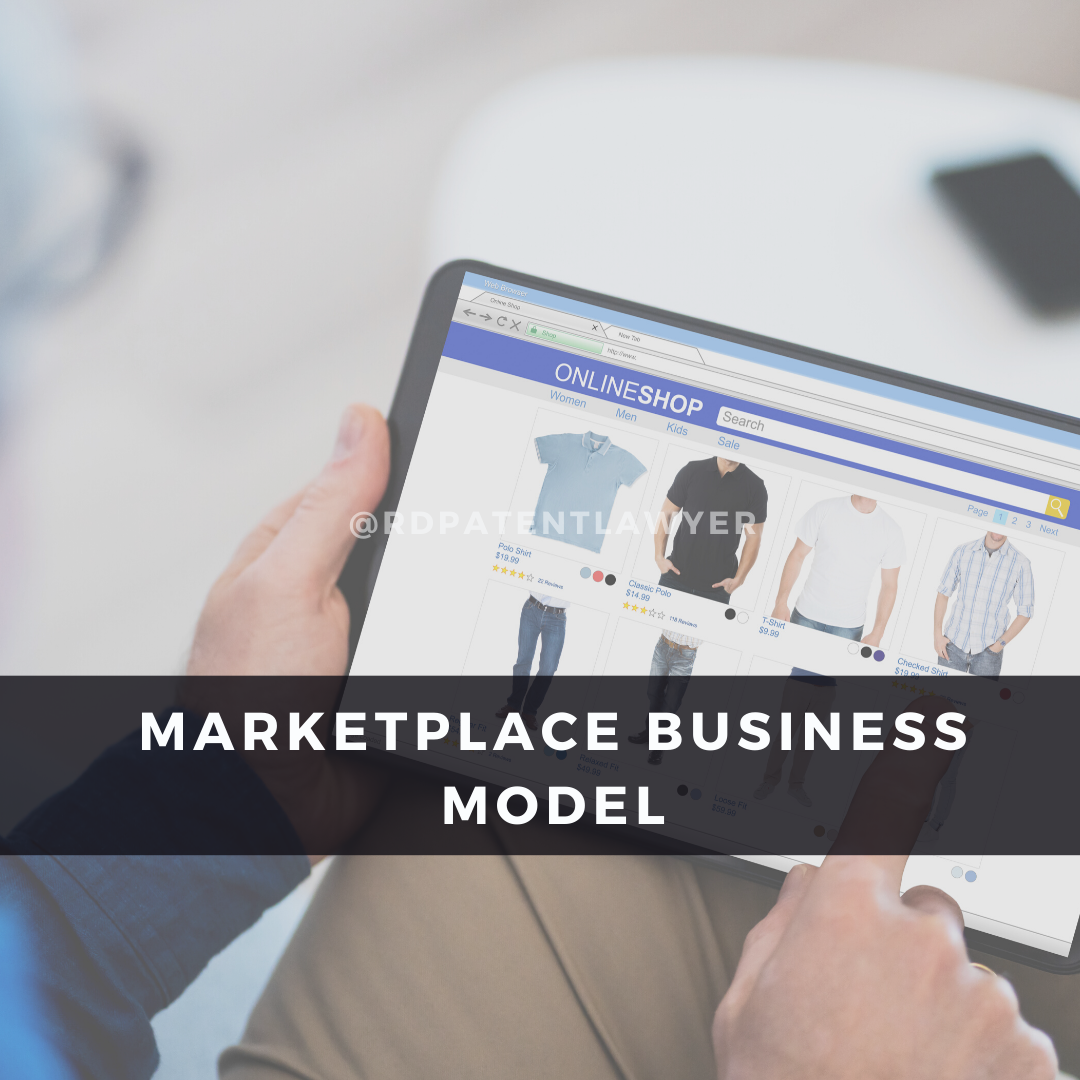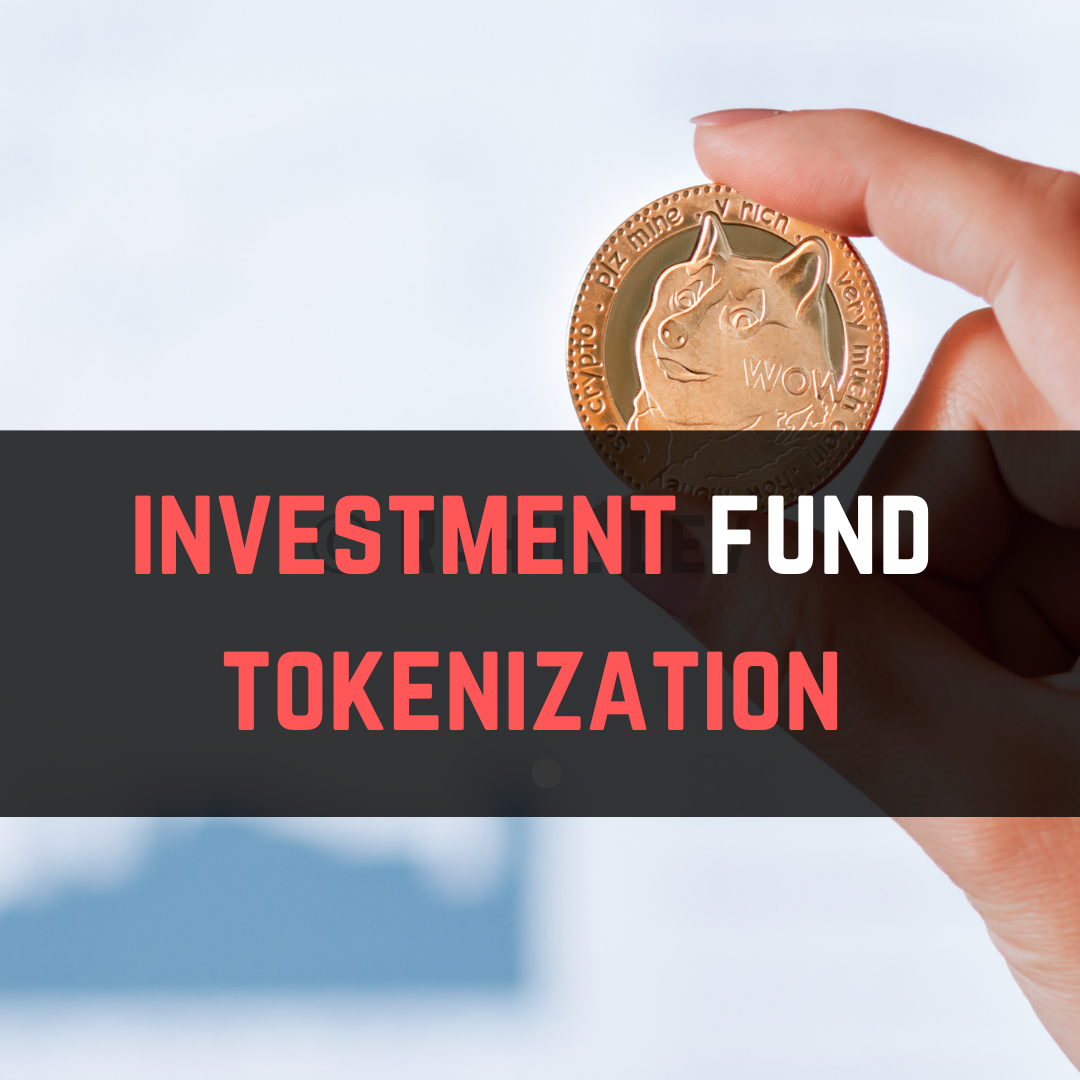

The business platforms aimed at connecting buyers and sellers provide ease of use and hence appropriate user agreements, terms of use, and privacy policy are crucial for such platforms. Direct Selling Platform (DSP) is ideal for new sellers and experienced entrepreneurs. The DSP model helps you selling your goods and services directly to customers via an independent sales force. With a DSP business, you don’t have to worry about creating a market or a place to sell your product. When someone buys something from you, they pay you directly.
In contrast, with traditional business, you’d need to create a market, find a product to sell, and then develop a marketing plan to make money. With a DSP business, you simply have to show the customer what they’re buying. A marketplace business model allows sellers and buyers to interact with each other in a fully automated environment. Most people don’t like having to deal with salespeople, and this model makes interacting with customers easy and convenient. You don’t have to worry about delivering the product to potential buyers, you don’t have to worry about shipping costs, you don’t even have to worry about a lot of the mundane administration that goes along with running a business.
In many ways, it’s much easier to run a DSP business from home than it is to do everything from a storefront. A DSP business also allows you to start out smaller, offering a one-time product. This means that you don’t have to go through the hassle of growing a business into an established business. You can start off with a product that you are passionate about, one that you know will be successful. This way, you’ll have a stronger foundation to build on later.
Also, marketplace businesses allow you to work at your own pace, so you don’t have to worry that you aren’t making progress. In the end, owning a DSP is a good choice for anyone who wants to establish a business without all the complexities and overheads often associated with owning a traditional business. A marketplace business has the upside of allowing you to work at your own pace, so you can perfect your product or service before you put everything together. It allows you to build relationships with customers without all the hassle, and it lets you sell pre-made packages to individuals instead of trying to custom build everything from scratch.
Ecommerce is the process by which websites use digital tools and media to facilitate transactions between buyers and sellers. This sort of transaction does not involve personal interaction between the business owner and buyer/seller, so ecommerce is not technically considered a form of personal interaction. This fact helps ecommerce sites stay out of legal liability for any potential claims by customers. This strategy is often successful at limiting claims involving medical malpractice, negligence, or fraudulent or spam ecommerce.
In use, there is a bit more to ecommerce sites than just selling and posting items for sale. There are also responsibilities that site owners must fulfill. For example, in the US, The Digital Millennium Copyright Act gives protection to consumers against acts of piracy, as well as to ensure fair use of copyrighted materials. In order to protect consumers, the Digital Millennium Copyright Act offers a variety of protections, including damages, royalties, and payment for use. Because many websites operate within the same regional or state laws, it is very important that a business or individual follows the law in order to ensure that they do not run afoul of any legal liability.
Trademark infringement is another potential liability when operating an online marketplace. For example, if an ecommerce site is operated by an individual or business that owns a trademark, they may be held liable for any acts of infringement that take place on their website. For these cases, a trademark attorney who is well versed in the nuances of trademark law can provide great assistance to a client, ensuring that their rights are protected. Similarly, cases of cyber-smuggling or copyright infringement can also be handled by trademark attorneys, ensuring that their client’s interests are upheld.
While managing a marketplace business, business owners have to consider and manage certain important legal concerns, some of which are discussed below:
When you walk into a physical store to buy a product and question the store-owner in case of any defect in the product or issue related to electronic payment, a similar problem can also arise while buying a product from an online marketplace. In digital space, third-party vendors usually sell their products through marketplaces that are not owned by them, and consequently, the legal liabilities are also divided among marketplace owners and such vendors. Exactly who is liable for what and whether the liabilities are civil and / or criminal in nature, this will depend upon exact nature of transaction, issue faced by the end user, local laws, and other related factors.
For example, if there is a payment related issue, mostly the liability will lie with the marketplace as they are the ones who facilitate the transactions between buyers and sellers by providing a payment gateway. Similarly, faulty product will become liability of the vendor. In any case, liabilities will be a combination of basic contract law (between buyer and seller, buyer and marketplace business owner, seller and marketplace business owner), consumer laws (basic rights of buyers), data protection laws (mostly with the marketplace business owner), cyber laws, criminal law (mostly with both seller and marketplace in case of infringement of intellectual property rights like patents, trademarks, copyrights, designs, by selling of counterfeiting products by sellers through marketplace), and the like. Similar analysis can be applied while providing services through marketplace business, such as Uber, AirBnb etc.
Accordingly, it is advisable for marketplace business owners to have,
(i) appropriate terms and conditions mentioned on their websites that are in line with domestic and international laws,
(ii) appropriate contracts with external vendors (sellers) to ensure a smooth transaction with the buyer and prevent transactions pertaining to fake (counterfeit) goods that can result in intellectual property (IP) infringement. This is just an illustrative list of legal measures and based on exact marketplace business model, the exact legal requirements can be quite detailed.
Our team of advanced patent attorneys assists clients with patent searches, drafting patent applications, and patent (intellectual property) agreements, including licensing and non-disclosure agreements.
Advocate Rahul Dev is a Patent Attorney & International Business Lawyer practicing Technology, Intellectual Property & Corporate Laws. He is reachable at rd (at) patentbusinesslawyer (dot) com & @rdpatentlawyer on Twitter.
Quoted in and contributed to 50+ national & international publications (Bloomberg, FirstPost, SwissInfo, Outlook Money, Yahoo News, Times of India, Economic Times, Business Standard, Quartz, Global Legal Post, International Bar Association, LawAsia, BioSpectrum Asia, Digital News Asia, e27, Leaders Speak, Entrepreneur India, VCCircle, AutoTech).
Regularly invited to speak at international & national platforms (conferences, TV channels, seminars, corporate trainings, government workshops) on technology, patents, business strategy, legal developments, leadership & management.
Working closely with patent attorneys along with international law firms with significant experience with lawyers in Asia Pacific providing services to clients in US and Europe. Flagship services include international patent and trademark filings, patent services in India and global patent consulting services.
Global Blockchain Lawyers (www.GlobalBlockchainLawyers.com) is a digital platform to discuss legal issues, latest technology and legal developments, and applicable laws in the dynamic field of Digital Currency, Blockchain, Bitcoin, Cryptocurrency and raising capital through the sale of tokens or coins (ICO or Initial Coin Offerings).
Blockchain ecosystem in India is evolving at a rapid pace and a proactive legal approach is required by blockchain lawyers in India to understand the complex nature of applicable laws and regulations.



